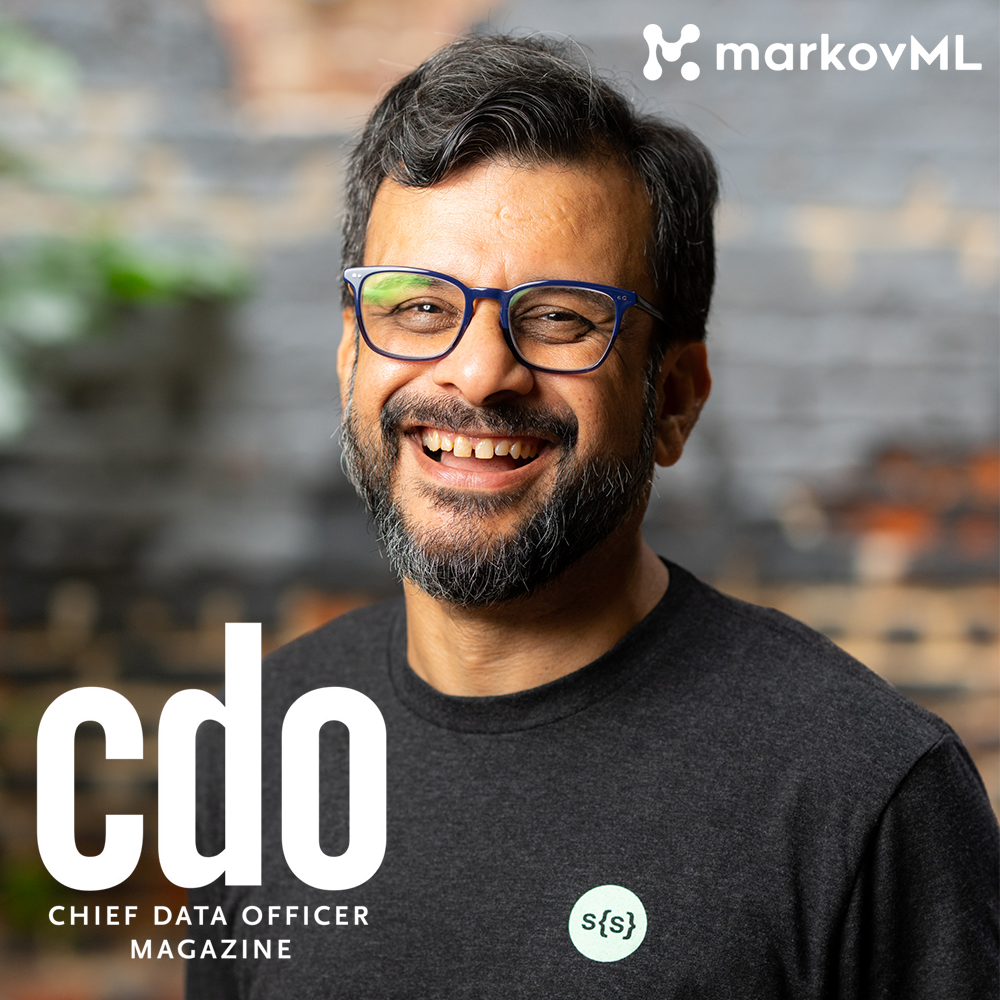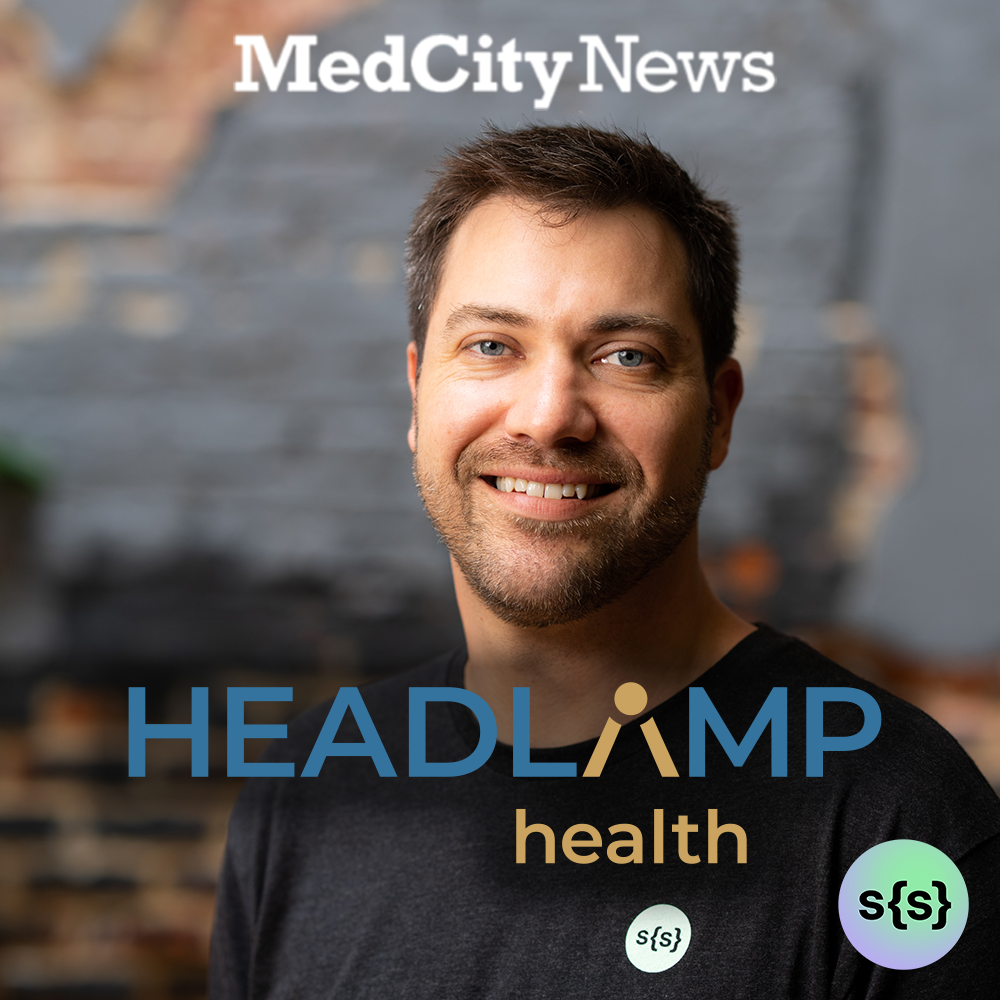Explore our blog
Featured article
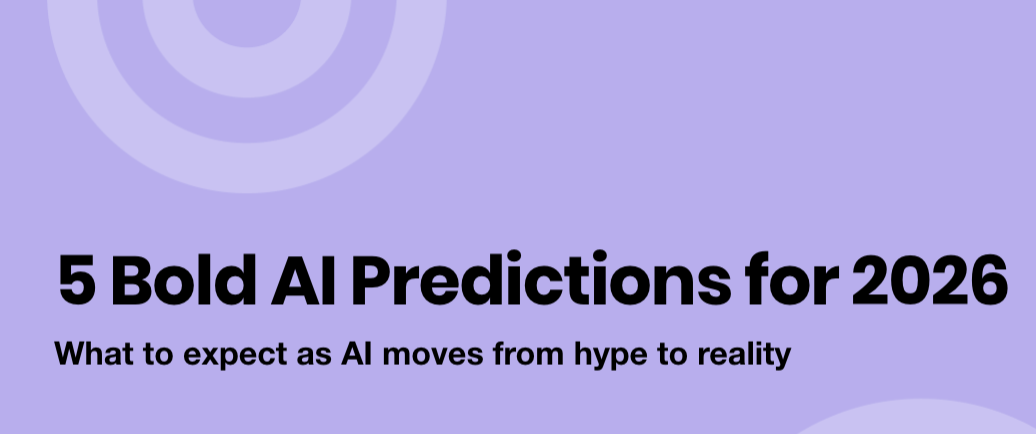
2025 Is the Year That AI Exploded. What Can We Expect in 2026?
The article argues that 2025 marked a true explosion in AI — not just hype — and that 2026 will test whether that acceleration leads to sustainable value or ends up as over-inflated expectations. As AI moves rapidly from vision to deployment, the key challenge ahead is discerning long-term impact from short-term noise.
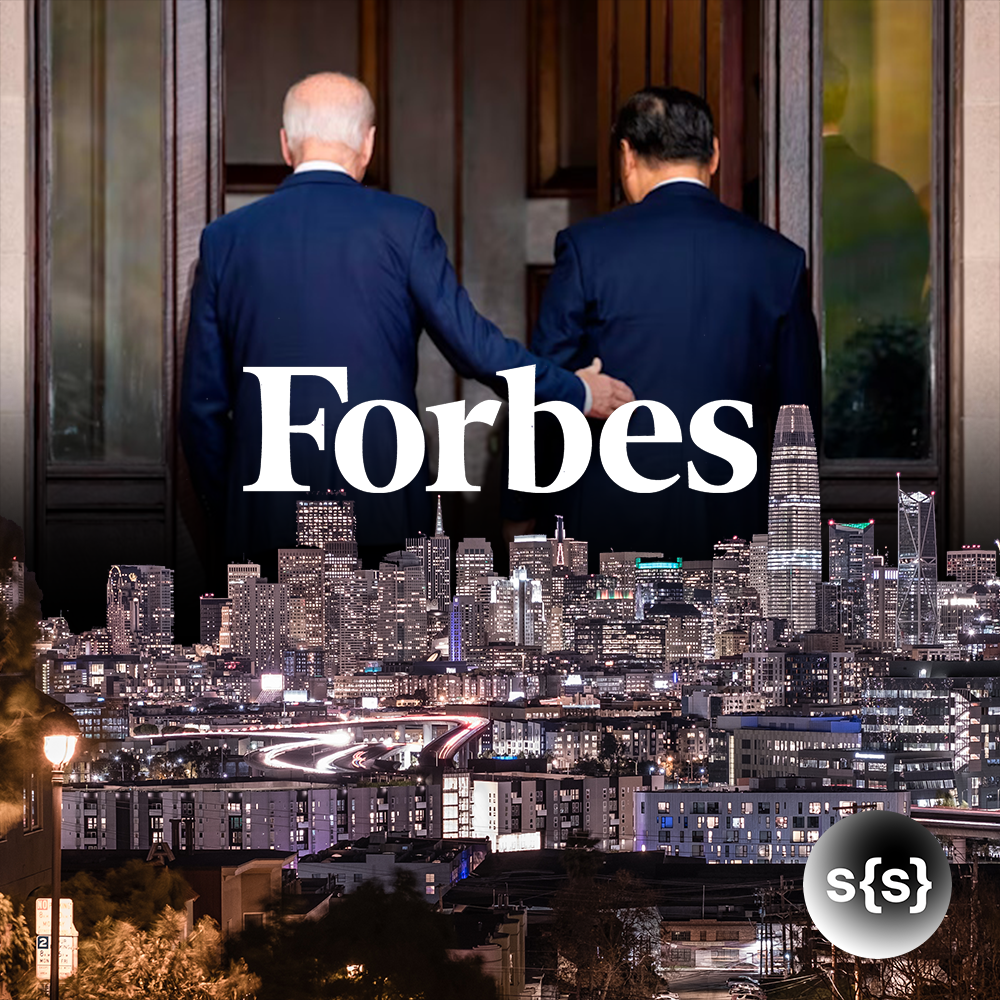
The prettifying and securing of downtown San Francisco, where super{set} is headquartered, should be the norm - not just for special state visits from the world's dictators. Here are 3 things the city of San Francisco should be doing all year round to make the city better to live, work, and invest in. Read Tom Chavez' latest in Forbes.
)%2520(1).jpeg)
Pankaj Rajan, co-founder of MarkovML, joins super{set} Chief Commercial Officer Jon Suarez-Davis (jsd) to discuss the role of data in gaining a competitive advantage in the AI revolution. Learn the difference between optimizing models and optimizing data in machine learning applications, and why effective collaboration will make or break the next-gen AI applications being created in businesses.
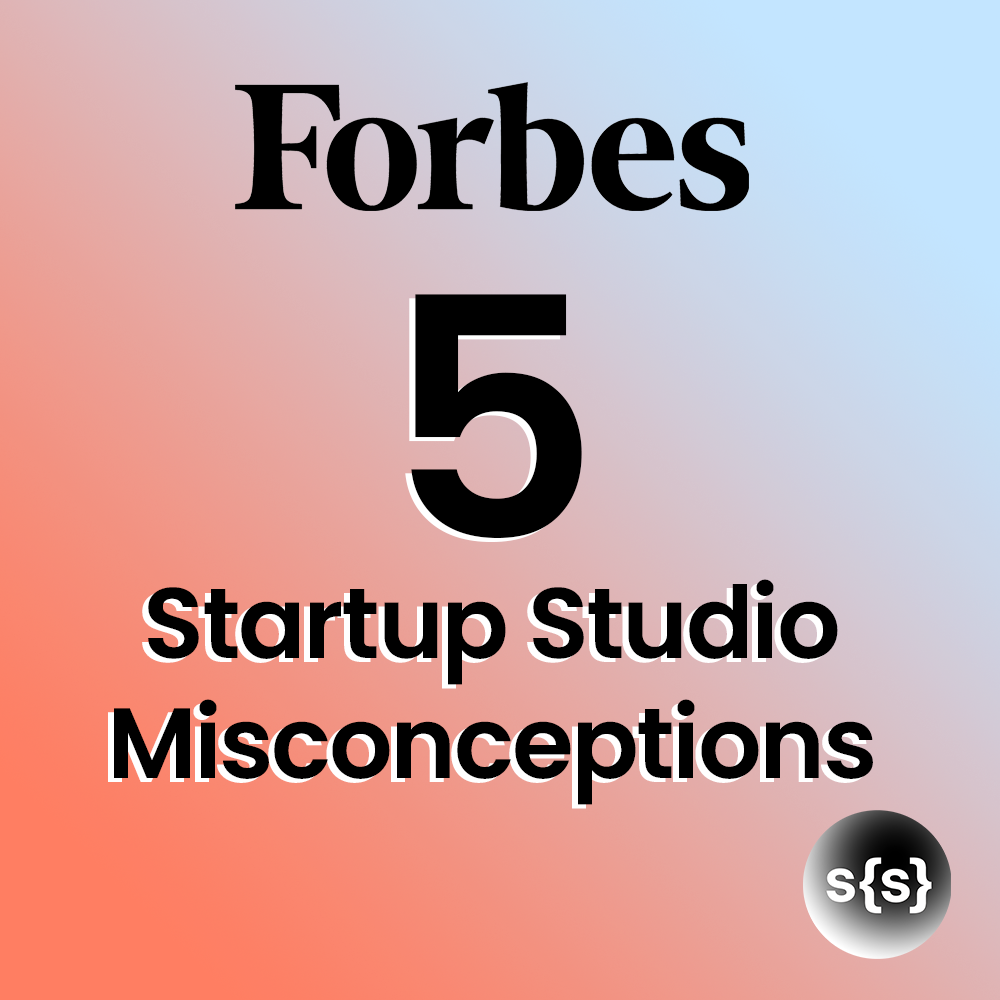
It's still early for the startup studio asset class - and we hear misconceptions about the studio model every day, ranging from the basic confusion of accelerators versus studios to downright incorrect assumptions on our deep commitment to the build-out of every company. Read Tom Chavez' latest in Forbes.
No items found.
Reset All
).jpeg)
